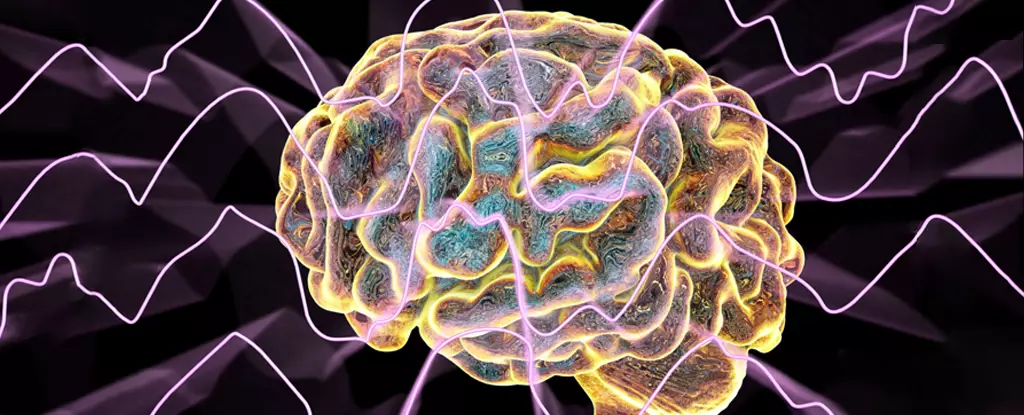Our brains are a complex network of activities that are governed by a symphony of waves. The way in which these waves coordinate and differentiate between various tasks has long perplexed researchers. Recent studies conducted by US researchers shed light on how the direction of traveling brain waves corresponds to the type of cognitive activity being performed. This new insight into brain dynamics opens up a myriad of possibilities for understanding the coordination of brain regions during different cognitive behaviors.
The study conducted by US National Institutes of Health neurologist Uma Mohan and her colleagues involved 93 patients with electrodes implanted on the surfaces of their cerebral cortex for epilepsy treatment. This rare opportunity allowed researchers to directly observe brain waves as participants engaged in different cognitive tasks. By recording theta (2–8 Hz) and alpha (8–13 Hz) frequency waves during memory and recall tasks, the researchers were able to decipher a pattern in the flow of brain oscillations.
Neural oscillations are not static entities but rather dynamic signals that move spontaneously across the brain. The researchers found that brain waves tended to move from the back of the brain to the front during memory encoding tasks, while the direction reversed during recall activities. This observation suggests a coordinated flow of neural activity that supports the formation and retrieval of memories.
The directionality of brain waves could hold the key to improving memory functions in individuals. By understanding how brain waves influence cognitive activities, researchers may be able to develop interventions that can enhance memory performance. For example, stimulating the brain in a specific way could alter the direction of brain waves, leading to improved memory states. This groundbreaking research opens up new avenues for potential interventions for conditions like memory loss.
While most individuals can navigate daily life without delving into the intricacies of brain functions, understanding how the brain works is crucial for addressing neurological disorders. The discovery of how brain waves influence cognitive processes is a significant step towards unlocking the mysteries of the human brain. As neuroscientists continue to uncover the brain’s inner workings, the potential for developing targeted therapies for brain-related conditions grows exponentially.
The direction of traveling brain waves plays a vital role in orchestrating cognitive activities such as memory formation and recall. By unraveling the complex dance of neural oscillations, researchers are paving the way for novel interventions that could improve memory functions in individuals. As we delve deeper into the mysteries of the brain, we come one step closer to understanding the intricate mechanisms that govern our thoughts, memories, and behaviors.


Leave a Reply